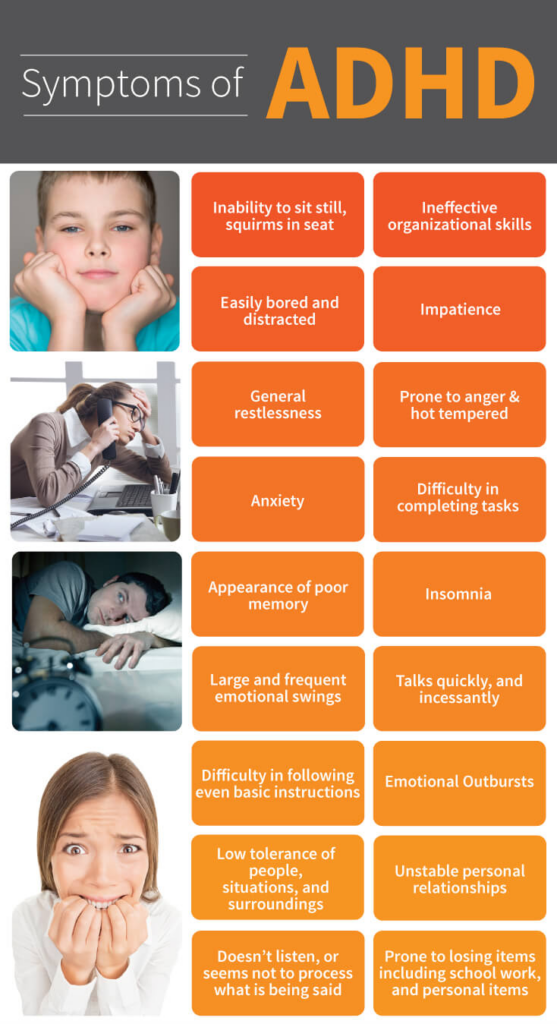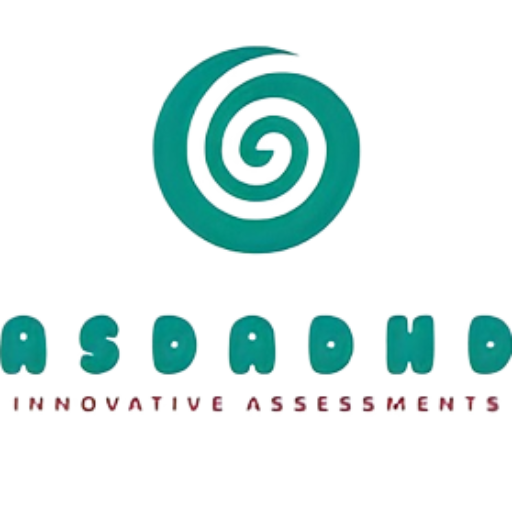6 Jul, 2022 | anishdr | No Comments
Types of ADHD Treatments

There are many types of ADHD treatments available. These treatments may include non-stimulant medications, behavioral therapy, psychotherapy, and/or medication. It is important to find the right treatment for your child. If your child needs extra help in school, you may want to explore other treatments, including behavior therapy. Listed below are the most common methods. To learn more about these methods, read on. Listed below are some of the most common forms of ADHD treatment.
Non-stimulant medications
Stimulants, which have been around for years, have had a difficult time competing with non-stimulants for ADHD. These drugs boost brain chemicals and increase communication between nerves, thereby stimulating the prefrontal cortex. This area regulates thought, behavior, and emotions. Stimulants also work to increase communication with other areas of the brain, thus helping to focus attention and reduce hyperactivity. Despite the risks associated with these medications, the USDA regulates them closely.
One of the common side effects associated with non-stimulant medications is moodiness, which is caused by the rebound effect of the medication. To minimize this effect, you may want to overlap doses or switch to a delayed-release formulation. If these side effects persist, discuss them with your doctor. If you’re experiencing moodiness, try lowering your dose. If you’re experiencing moodiness, talk to your doctor about changing the drug or adjusting the dosage. Long-acting formulas will minimize the rebound effect.
Behavioral therapy
Behavioral therapy for ADHD focuses on a child’s thought patterns and how they can change these thoughts to help them succeed in life. In addition, it teaches the child how to deal with emotions, time management, organization, planning, and impulse control. Among the many techniques used by behavioral therapists, children can learn how to use positive reinforcement and consequences to help them overcome problems. This treatment is especially useful for children who show aggressive, disruptive, and hyperactive behaviors.
Behavioral therapy for ADHD is effective for children of all ages, including caregivers of children. Basic behavioral therapy can be helpful for children under twelve, where parents can teach the child helpful behavior and structure. Likewise, adults may work directly with the therapist to help them develop better self-control and manage their emotions. In the process, they can learn to recognize and deal with their own anger, as well as develop a more positive outlook on life.
Psychotherapy
Psychotherapy as part of ADHD treatment should begin with a diagnosis. While children with ADHD often develop coping skills through repeated failure, the nature of the disorder makes it difficult to build positive relationships and a positive self-image. Because of this, these children are often at increased risk for external locus of control, feelings of helplessness, and an inability to understand expectations. In addition, psychotherapy for ADHD can improve the patient’s ability to manage his or her symptoms.
Many adults with ADHD find that psychotherapy is an important part of their treatment regimen. It involves changing behavior patterns and thoughts to cope better with ADHD symptoms. During psychotherapy, patients are given tools to help them cope better with their condition and lead a more fulfilling life. Additionally, psychotherapy can also be beneficial for patients who have other comorbidities, such as addiction or depression. If these are factors for your child’s behavior, psychotherapy can help them overcome their problems.
Medication
Medication for ADHD treatment involves taking specific medications to improve the availability of neurotransmitters. These chemicals carry messages and nerve impulses along the brain’s neuropathway. When they are not fully available, these messages may not reach their intended destination and circuits regulating them may not function as well as they should. Therefore, medication is used as part of a holistic treatment plan for children and adults with ADHD. Depending on the type of medication, it can help children with ADHD achieve better grades, sleep better, and improve their self-esteem.
The first choice of medication for ADHD treatment is stimulant medication. If no other treatment works, physicians may consider antidepressants that affect dopamine and norepinephrine. Newer drugs are emerging and offer promise as future ADHD treatments. These include modafinil and nicotinic agents. In addition to ADHD medications, researchers are studying the effects of magnesium pemoline, a narcotic, on the brain and behavior of children with ADHD.

Write Reviews
Leave a Comment
No Comments & Reviews